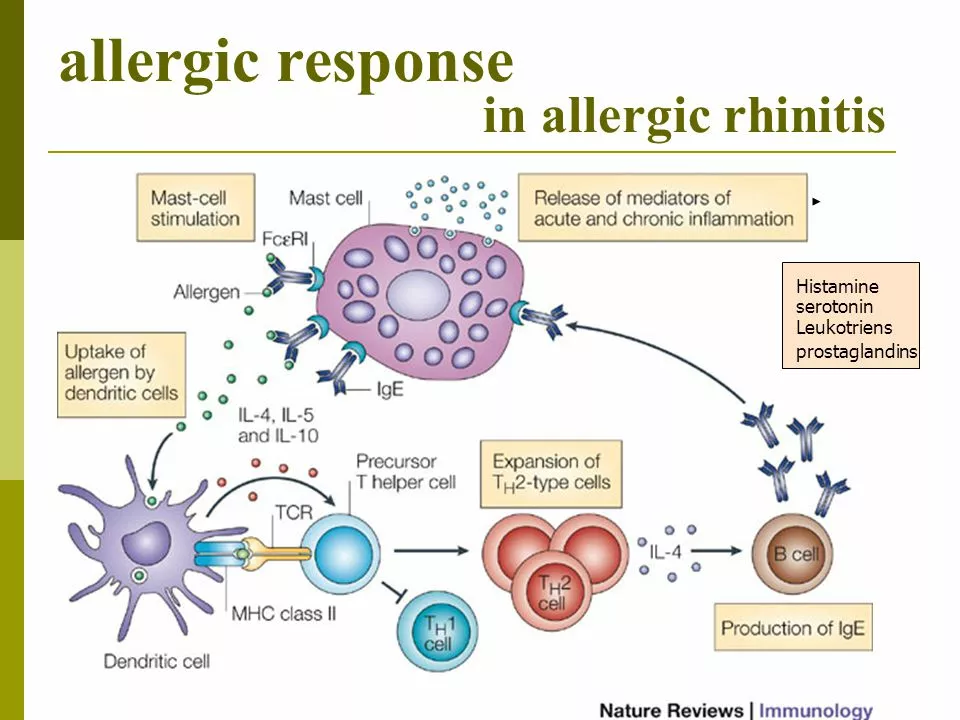Understanding Hormones and Their Medications
Hormones play a huge role in our body's balance, affecting everything from mood to metabolism. When hormone levels get out of whack, medicines help bring things back to normal or manage conditions related to hormone imbalances.
One well-known medication is Arimidex (anastrozole), often used in hormone-driven breast cancer. It works by lowering estrogen levels, slowing cancer growth. Knowing who should take it, potential side effects, and how it fits into hormone therapy can be a real game changer if you or a loved one faces this diagnosis.
Hormone Replacement Therapies and Patient Insights
Premarin is a popular hormone replacement therapy, mainly for menopausal symptoms. It’s made from conjugated estrogens and helps ease hot flashes, night sweats, and other life-impacting signs of hormonal decline. But like all meds, it comes with risks and benefits you should get clear on before starting. Talking openly with your doctor and hearing real patient experiences can guide you better than any pamphlet.
How To Approach Hormone Medications Safely
When dealing with hormone meds, safety is key. Always buy from trusted sources—there’s quite a bit of online pharmacies out there, but not all are reliable (for help, check out ZipHealth.co’s guides on legit online pharmacies). Also, never skip your check-ups. Hormone levels can fluctuate, so doctors need to track how the medicine is working and adjust the dose if needed.
Understanding hormones and their treatments doesn’t have to be confusing. With the right info, you can make smart choices for your health and feel confident about your therapy path.
The Role of Hormones in Allergic Disorders
- Keith Ashcroft
- |
- |
- 12
As a blogger, I've been doing some research on the role of hormones in allergic disorders. I've discovered that hormones play a significant role in the development and regulation of allergies. They can affect the immune system's response to allergens, either increasing or decreasing the severity of allergic reactions. Additionally, hormonal fluctuations in the body, such as those during pregnancy or menstrual cycles, can lead to changes in allergy symptoms. Overall, understanding the connection between hormones and allergies may help us develop more effective treatments for various allergic disorders.
View more
